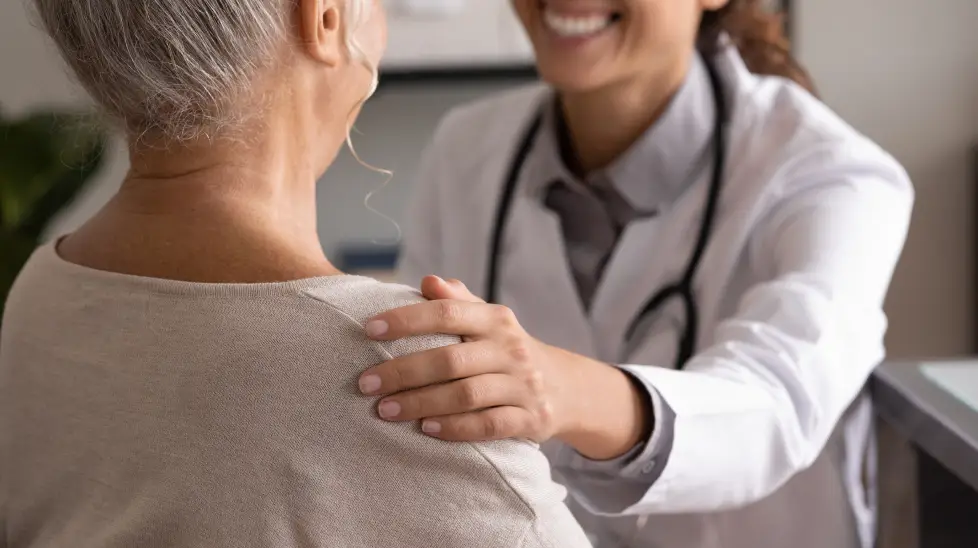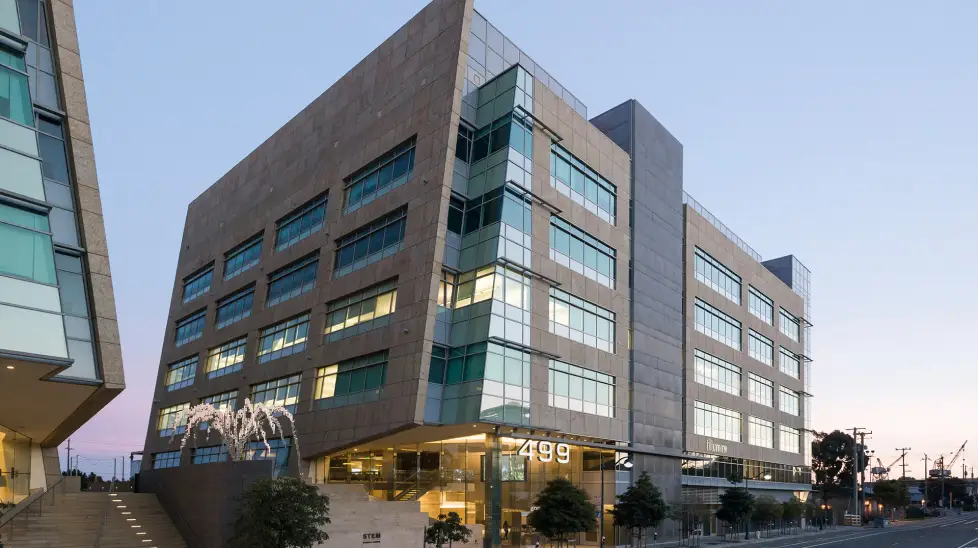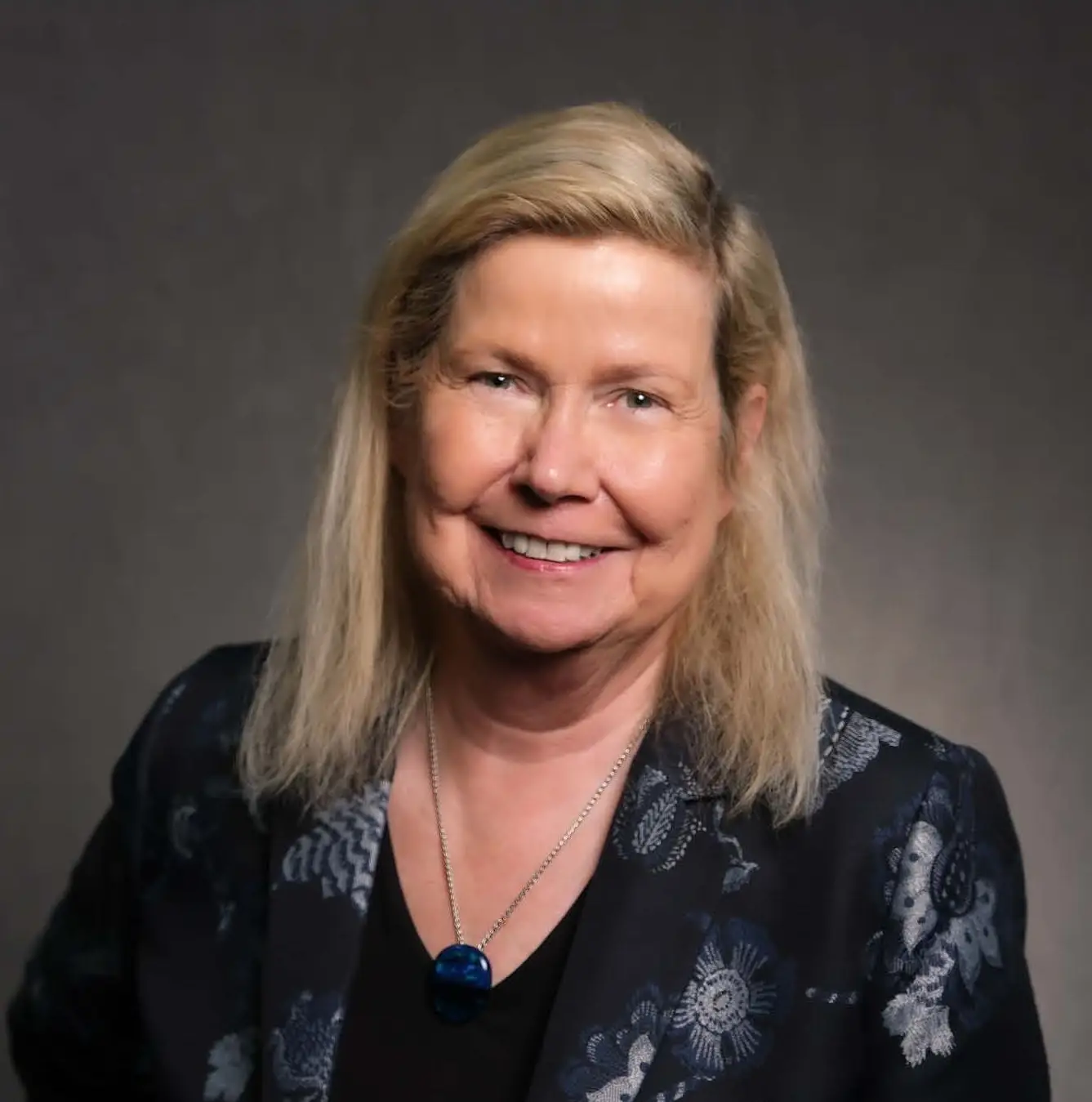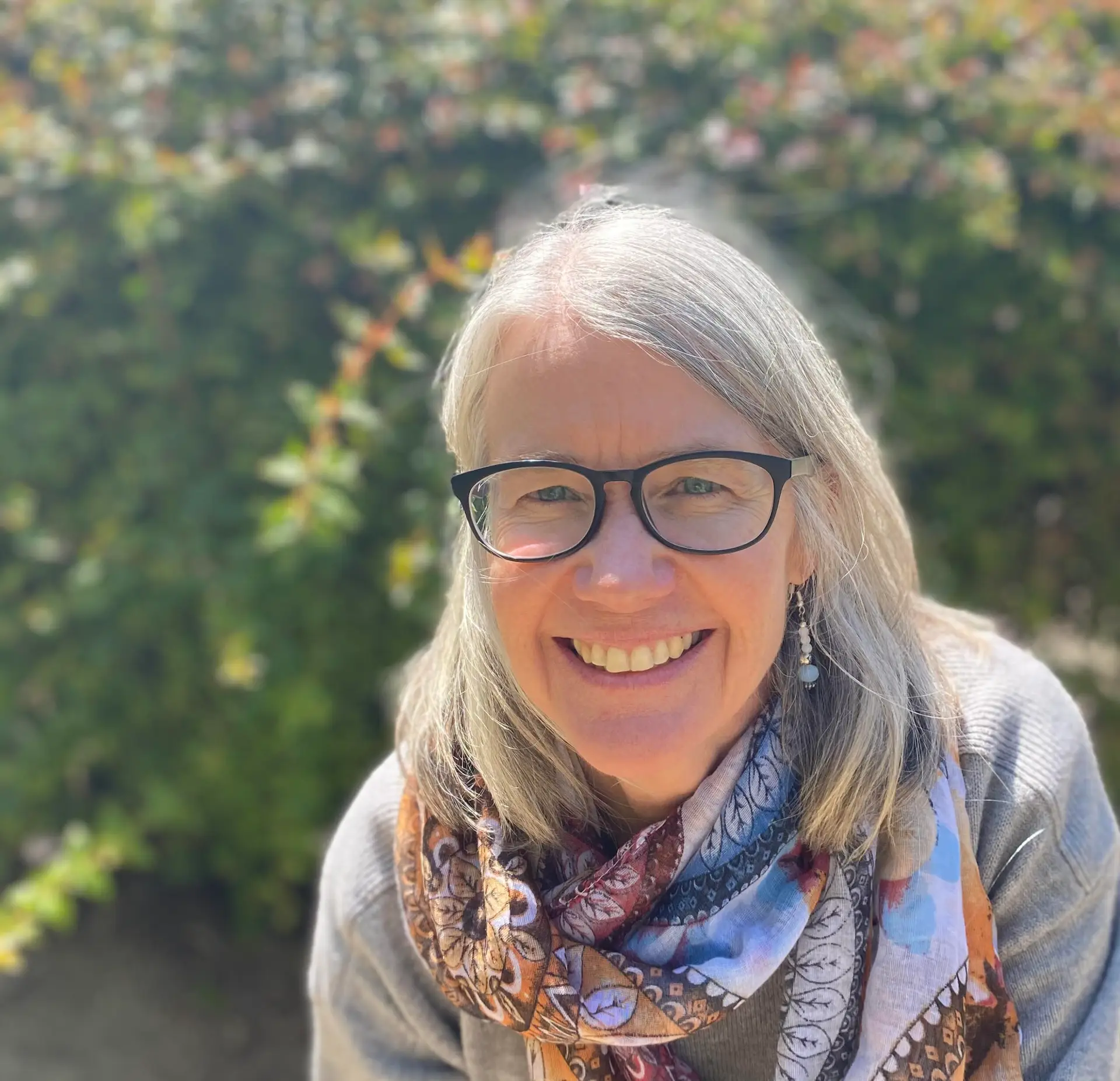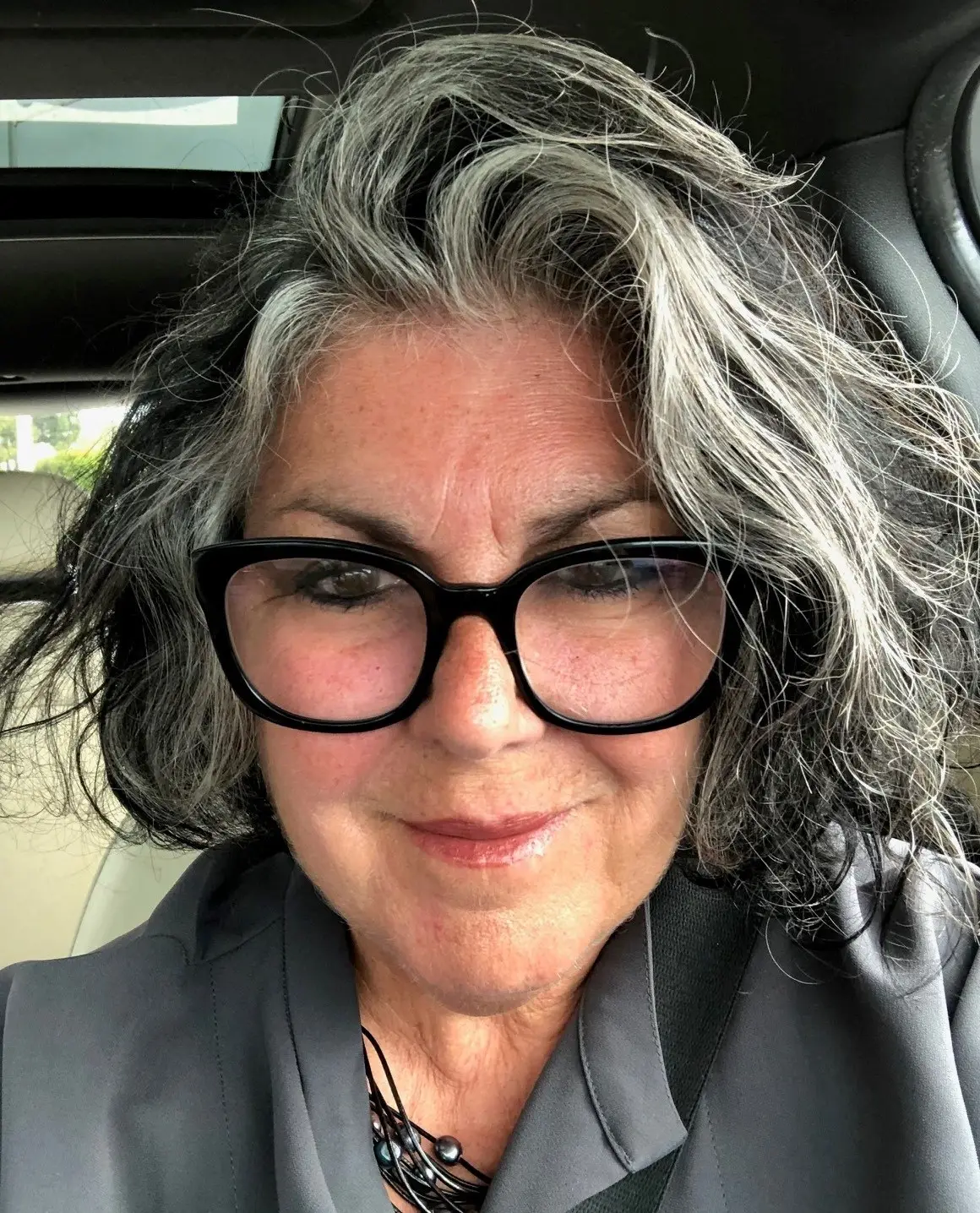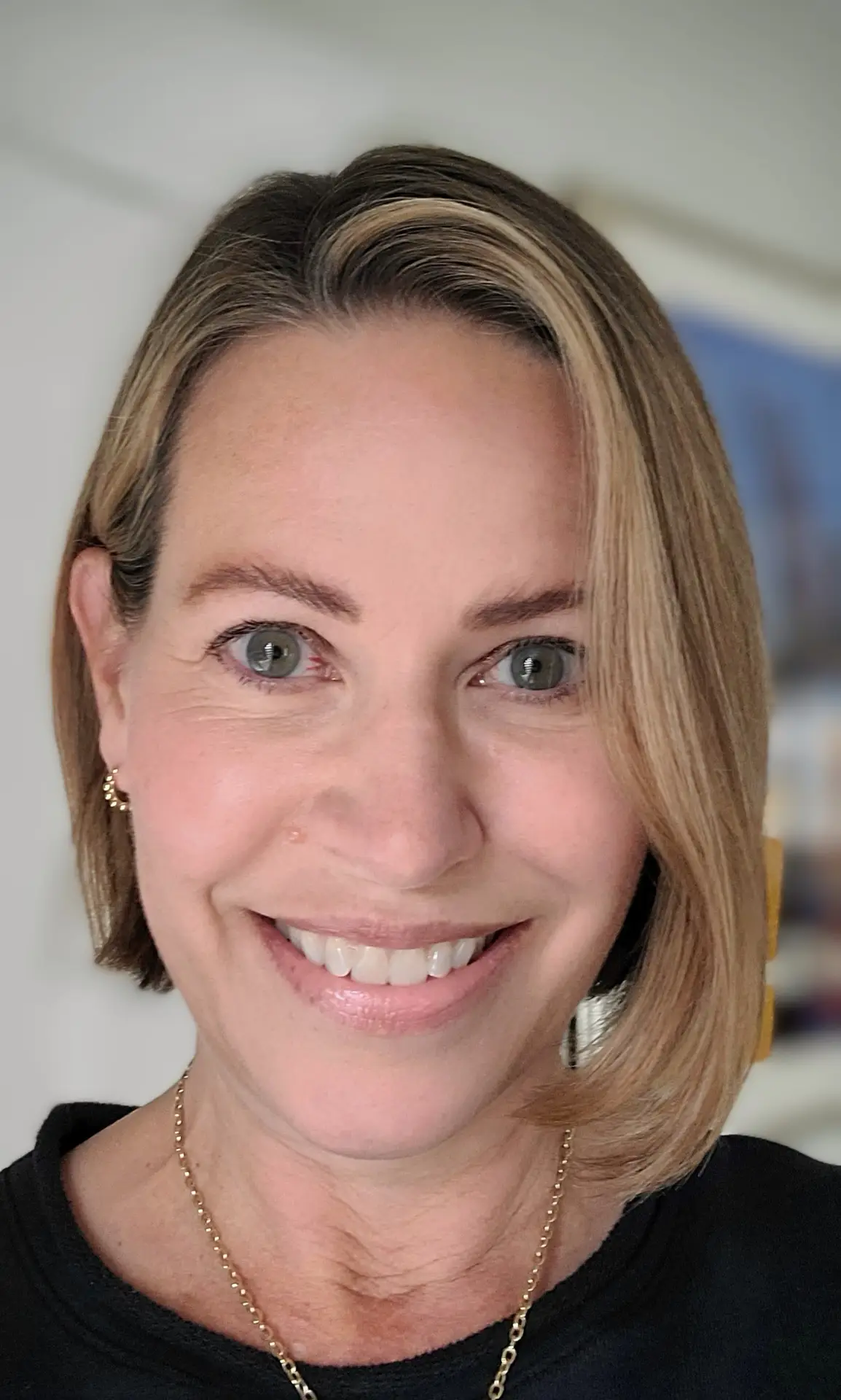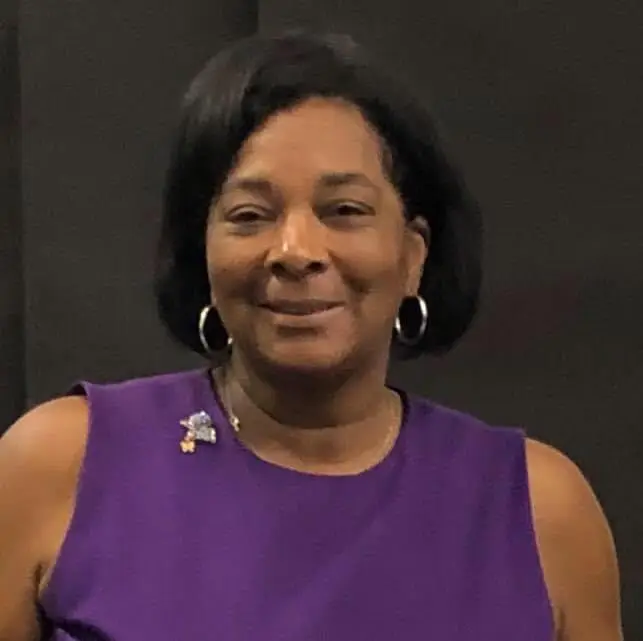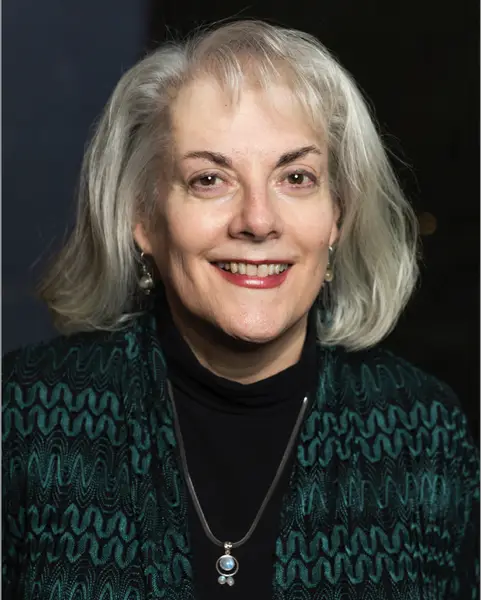Evinova’s Digital Solution Will be Used by Study Sites to Monitor Patients Enrolled in Quantum Leap’s I-SPY 2.2 at Risk of Developing Interstitial Lung Disease
Evinova, a global clinical trial technology company with proven published outcomes for sponsors, sites and patients, announced today an agreement with Quantum Leap Healthcare Collaborative™ (QLHC) to incorporate Evinova’s remote patient monitoring (RPM) solution into I-SPY 2.2. I-SPY 2.2 is the largest and longest-running ‘platform’ trial that provides a framework to study multiple novel therapeutic treatment arms for women with newly diagnosed, locally advanced breast cancer. Evinova’s RPM module will be used to alert healthcare professionals of early symptoms of interstitial lung disease (ILD), a potential adverse event for one treatment arm in the study.
“One of the primary goals of I-SPY 2.2 is to get better treatments to patients faster and with fewer side effects. New bispecific antibodies and antibody drug conjugates have the promise of eliminating traditional chemotherapy, but they too are associated with potential serious side effects. One of those complications is ILD, but early identification may be the key to preventing it from becoming a serious complication. Evinova makes it possible for us to monitor people using the drug every day, from the comfort of their home. Using Evinova’s RPM solution in the study will help us, as providers, to identify and intervene early when ILD symptoms initially present. We are studying how this solution can improve the patient experience and minimize toxicity – that is what we all want to achieve,” said Dr. Laura Esserman, founder of the I-SPY trials and QLHC.
Evinova’s RPM solution enables real-time monitoring of patients’ health status and treatment intake between clinical visits and alerts healthcare providers of the potential onset or worsening of symptoms related to a potential toxicity, in this case ILD. With this information, healthcare providers can triage patients in need of further clinical evaluation and intervene promptly based on guidelines, potentially reducing the likelihood of progression to high-grade ILD and dose reduction, hold or interruption of treatment.
“With real-time alerts to both patients and sites, Evinova’s RPM solution for toxicity monitoring enables care teams to review and take proactive actions based on guidelines” said Cristina Duran, President, Evinova. “At Evinova, we’re passionate about accelerating better health outcomes through technology like RPM that enables global life science leaders to overcome critical research challenges and deliver a better clinical trial experience for both sites and patients.”
In addition to pulmonary toxicity monitoring, Evinova has RPM modules for gastrointestinal, stomatitis and oral thrush symptom monitoring, with more in development based on patient need and drug side effect profiles.
About Evinova
Evinova is a global health-tech business, accelerating the delivery of better health outcomes by propelling the life sciences sector forward in digital health, from the inside. Through our application of science-based expertise, evidence-led rigour and human experience-driven insight, our digital solutions are deliberately designed so that everyone can reach better health outcomes together. Evinova is a separate health-tech business within the AstraZeneca Group. Please visit Evinova.com or follow the company on social media @Evinova.
Media Contact:
Heather Bonsiero
Director of Communications and Marketing
Evinova
About Quantum Leap Healthcare Collaborative
Quantum Leap Healthcare Collaborative (QLHC) is a 501c(3). It is nonprofit pioneer that designs, implements, and succeeds at building and iterating creative and nimble solutions that drive meaningful results for patients. Our mission is to better serve patients by accelerating and innovating health care through approaches that challenge the status quo of science and care. All our efforts focus on achieving our long-term vision to improve human health for all through personalized medicine by bridging the gap between research and care. QLHC provides operational, financial, and regulatory oversight to I-SPY. For more information, visit https://www.quantumleaphealth.org/.



